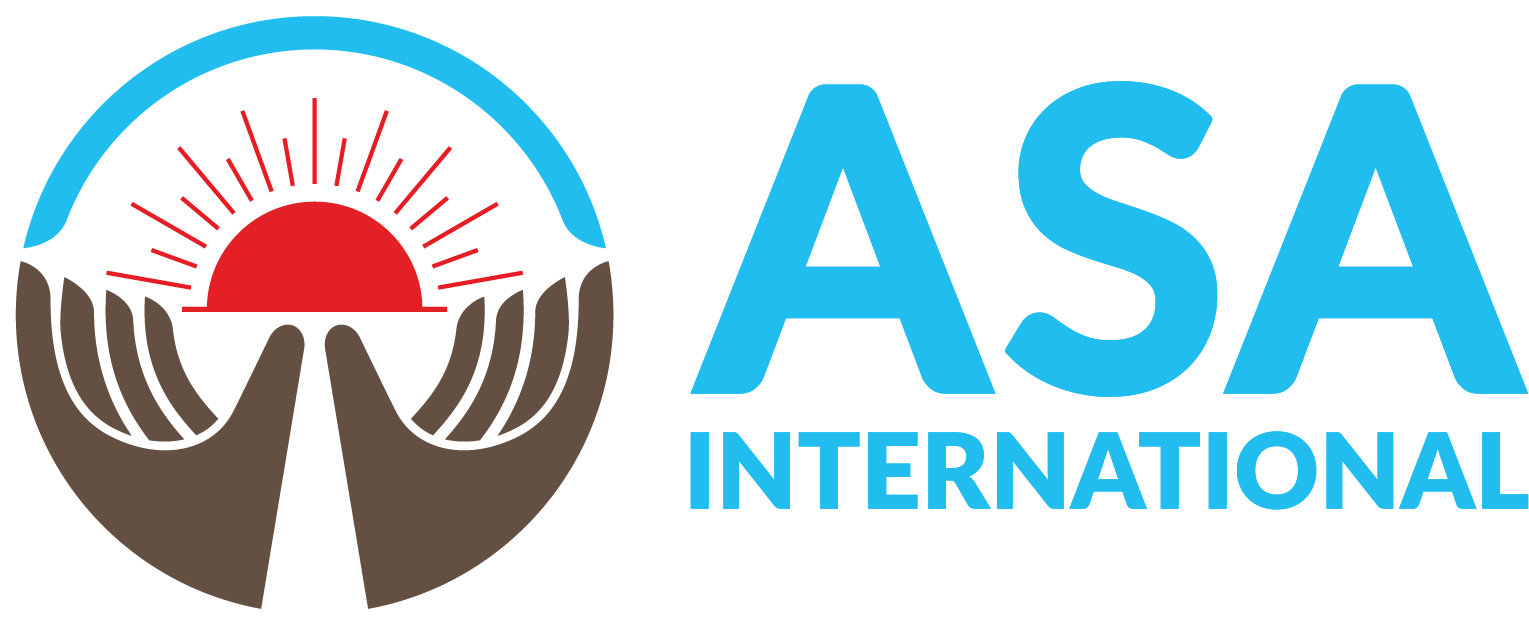The Group’s exclusion list is designed to prevent financing of businesses that excessively exploit or harm biodiversity or the environment. Where appropriate, these exclusions align with international conventions.
The Company’s ESMS outlines environmental and social management plans, policies and procedures, including implementation procedures and responsibilities. Its goal is to prevent or minimise negative environmental and social impacts and promote good governance practices. The system aligns with industry standards, such as IFC standard 1 and 2, SMART Campaign, and Universal Standards for Social Performance Management.
The Company’s environmental policy outlines the actions that its staff must take to minimise and prevent any harmful impacts on the environment.
The Company’s travel policy promotes responsible and sustainable travel practices, with a particular focus on air travel. It outlines the necessary factors to consider and steps to take before undertaking air travel for business purposes.
The Group assesses the impact of natural disasters, such as floods and earthquakes, on its resources and overall operations. This analysis provides valuable insights into the Company’s susceptibility to such calamities, identifying areas that may require adaptation to mitigate risks.
The objective of the EPRP is to protect resources, clients and staff, to safeguard critical information, and to guarantee the continued availability of essential operations and services. It outlines strategies and plans for the Company’s emergency management and response. By having an EPRP in place, the Company can effectively prepare for and mitigate the impacts of emergency situations.
The CCP, developed by SMART Campaign, is a leading industry body in the financial inclusion industry which considers client protection in all aspects of the business. CPP describes the minimum protection that microfinance clients should expect from their providers, and also the protection that an institution should maintain to serve the best interests of its clients.
Through the CCRC clients can provide direct feedback on services or lodge complaints about inappropriate behaviour or treatment by any of the Group’s staff. Every quarter a report is shared with senior management by the CCRC with the nature of complaints and actions taken.
The Group has established an effective grievance mechanism for all employees, allowing them to raise any work-related concerns or complaints without fear of reprisal.
The Group monitors and controls health and safety risks, regularly provides safety and awareness training to employees, takes preventive measures and emergency or corrective actions on workplace incidents or illness, and maintains safe equipment and infrastructures at the workplaces. Each operating subsidiary has formed a health and safety committee and an integrated occupational Health and Safety checklist with risk categories to ensure regular supervision and monitoring throughout the Company.
The DEI policy ensures that DEI is central to internal practices and policies. It provides direction and structure for implementing and monitoring DEI initiatives, fostering a diverse workforce where everyone can thrive, regardless of background or characteristics.
Employees are strongly encouraged to speak up about any actions that might violate laws, regulations, or Company policies. They can do so by using a designated complaint box or reaching out directly to the local Chairman of the Audit and Risk Committee, as well as at the Group level. Examples of such actions encompass improper or unethical business practices, concerns related to health, safety, and the environment, or breaches of the Code of Conduct.
The Group is dedicated to safeguarding children directly or indirectly affected by its operations. It implements strict policies to prevent child labour, collaborates on education and welfare initiatives, and promptly addresses any identified cases, ensuring children’s rights and well-being are protected.
The Company promotes a safe work environment and have a zero-tolerance policy towards harassment of any kind, particularly sexual harassment.
Unfair discrimination in any form is unacceptable. Management and employees must ensure a fair and sympathetic work environment for all, regardless of marital status, religion, disability, sexuality, gender, race, or ethnicity. This policy of equal ] opportunities and diversity extends to recruitment, remuneration, training, development, promotion, discipline, and all aspects of employment, including volunteers, interns, clients, suppliers, and others with whom ASA International or its employees engage.
The Group’s Code of Conduct and Ethics is designed to be ethical, dignified, transparent, equitable and cost-effective, and expresses the core values of microfinance practice.
This policy is to combat improper payments or inducements and provide basic guidance to all employees, wherever they are located. The Group adopts a zero tolerance approach to bribery and corruption, ensuring compliance with all applicable anti-bribery and anticorruption laws and regulations, including the UK Bribery Act 2010.
The Company and its subsidiaries are firmly committed to preventing money laundering and any activity that facilitates it or supports terrorist or criminal endeavours in their operations
Read how these policies and practices are integrated in our operations.

